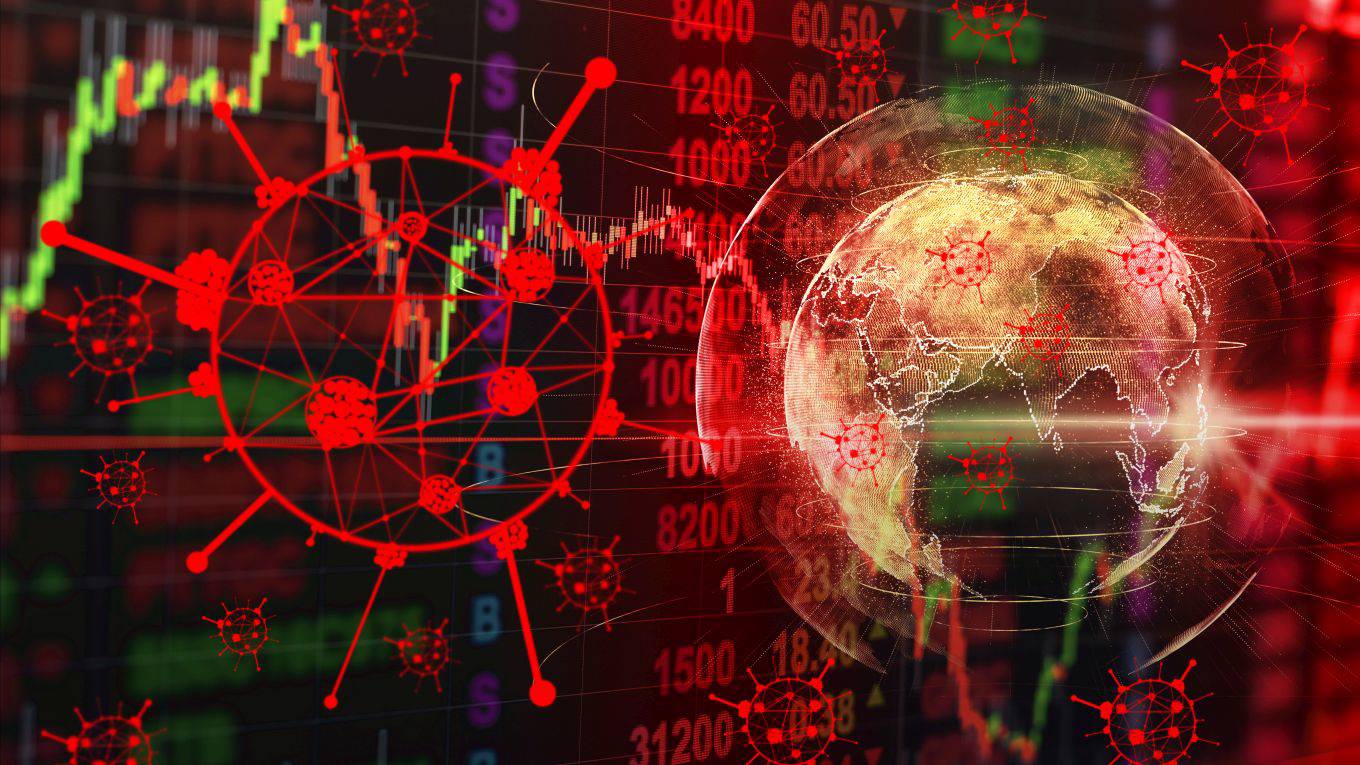JIM O'NEILL

LONDON – We may soon witness the bargain of the century. G20 leaders, representing the world’s largest economies, will discuss COVID-19 this month at a virtual summit, where they will have a chance to secure a return on investment that would make even the legendary investor Warren Buffett blush.
With less than one-tenth of one percentage point of global GDP, the international community can vastly expand access to life-saving COVID-19 tests, treatments, and vaccines (once they are available), thereby putting the global economy back on track to long-term growth and stability.
Investing now to ensure that effective diagnostics, therapeutic drugs, and vaccines are developed and distributed to people around the world is not only the right thing to do; it is also the smart thing to do. Enlightened self-interest dictates that we should be underwriting future demand for goods and services, so that global trade and growth can bounce back. This should be an easy call for G20 leaders.
But just in case policymakers have failed to recognize the returns that are on offer, here are the facts. Throughout the 1980s and 1990s, the world economy averaged annual economic growth of around 3.3%, and that rate increased to 3.7% over the past two decades, owing to the rise of China and the other BRIC economies (Brazil, Russia, and India). In the 2020s and 2030s, however, growth will have to be driven by a new group of predominantly low-income countries that are striving to climb the ladder to middle- and high-income status.
Back in 2005, my Goldman Sachs colleagues and I identified a set of countries that could become globally important economies in the twenty-first century. We called them the “Next Eleven” (N-11): Bangladesh, Egypt, Indonesia, Iran, Mexico, Nigeria, Pakistan, the Philippines, South Korea, Turkey, and Vietnam.
With an aggregate GDP of around $6.5 trillion – more than twice that of India – the N-11 already matters immensely to all of us in the global economy. Moreover, the latest projections show that if these up-and-coming economies do not reach their potential, the average annual global growth rate will start heading back to the 3.3% range. As COVID-19 continues to disrupt these key economies, this undesirable outcome is becoming more likely.
In fact, we have reached a pivotal moment. The G20 must move fast to ensure that all countries have access to the medical tools and other resources needed to manage the pandemic and bring it to a swift conclusion. Only the governments of G20 member states have the capacity to deliver on the scale that the situation demands.
Fortunately, there is already a clear path forward. The Access to COVID-19 Tools (ACT) Accelerator, which was created in April, offers a roadmap for ending the crisis through global cooperation. In the space of just six months, the ACT Accelerator’s partners have compiled the world’s largest portfolio of candidate vaccines, tests, and treatments, and have developed an advance-purchasing system to get these critical items to the places where they are most needed.
But to continue rolling out rapid testing, evaluating new treatments, and ensuring access to vaccines as soon as they are licensed, the ACT Accelerator will need a total of $38 billion – including $4.5 billion urgently.
The investment case for plugging these funding gaps is the most clear-cut that I have ever seen in my career. Compared to the $12 trillion-plus that G20 countries have already spent on mitigating the pandemic’s consequences, the amount needed to ensure the ACT Accelerator’s work is trivial. The International Monetary Fund estimates that if medical solutions could be made available faster and on a wider scale than its baseline forecast projects, the resulting cumulative increase in global income would reach almost $9 trillion by the end of 2025.
For developed countries, this shouldn’t even be a choice. G20 leaders can either act now to promote growth in the economies of tomorrow, or they can do nothing as their export markets shrink, leaving them even more dependent on their own sluggish domestic growth.
In other words, the interests of G20 countries and the rest of the world are directly aligned. The real-world ramifications of the pandemic are clear to see. For example, in August, the World Travel and Tourism Council estimated that the drop-off in global visitors to the United Kingdom would cost the economy £22 billion ($29 billion) this year.
By now, we should all know that the COVID-19 pandemic is an economic, human, and development crisis that can be stopped only by addressing the root cause. If G20 countries were to devote just 1% of their current stimulus spending on efforts to alleviate the economic consequences of the pandemic globally, they would more than cover the needs of the ACT Accelerator.
In the aftermath of the 2008 global financial crisis, the G20 demonstrated what the world’s leading economies could achieve by acting in their mutual interest. At this month’s virtual summit, today’s G20 leaders must rise to an even greater challenge. They have every incentive to do so.
No comments:
Post a Comment